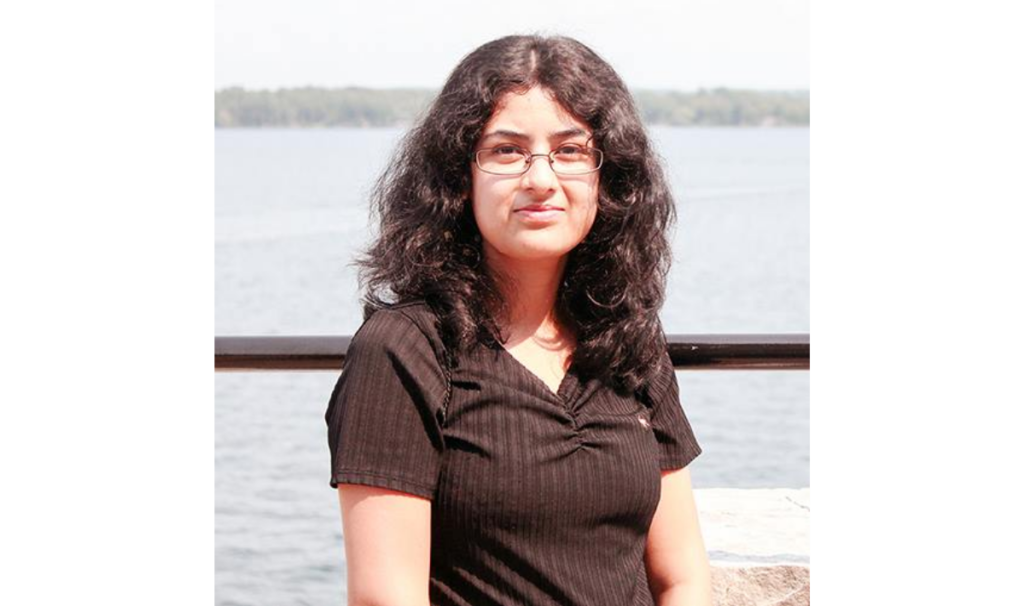Shawon Sarkar successfully defended her dissertation proposal!

Congratulations to our PhD student, Shawon Sarkar for successfully defending her dissertation titled “An Integrated Model of Tasks and Uncertainties to Design Task-aware Intelligent Search Assistance”
Abstract
Search behaviors are generally motivated by some tasks that prompt users in search processes. Complex tasks often initiate lengthy, intermittently changing, interactive search processes with shifting goals at various search stages. At these different stages of the search, users’ search strategies are influenced by their search intentions, encountered problems, as well as knowledge states. However, search systems are primarily designed to optimize one request at a time, disregarding the underlying overarching task, shifting states of the task, or even the holistic nature of a search session. Although a set of descriptive and theoretical models of the search process can be found in the literature that characterizes tasks, there is a gap in research focused on leveraging dynamic task features in search ranking and recommendation processes. More importantly, there is a lack of support for users to complete their tasks in an adaptive, dynamic way across multiple devices and modalities. To address this issue, the proposed dissertation aims to develop new methods for constructing unified task representation using implicit search behavioral data and applying the task representation to improve existing search and recommendation systems and address emerging problems of conversational and interactive search. Specifically, this study creates a task-information need-strategy-problem map that can be leveraged to provide task-based support in various information formats (e.g., suggesting query, document, or people) to overcome problems and lead toward tasks completion. The main focus of this dissertation work is to develop task-aware search systems capable of understanding and extracting tasks and supporting user’s complex search task completion. Therefore, this research revolves around three broad objectives. First, developing a conceptual model for understanding how different types of tasks trigger particular information needs that may lead to different methods and strategies of seeking different forms of information, information sources, and various problems. Second, drawing knowledge from the first stage, developing computational models for extracting task states from users’ search behaviors. Third, leveraging the acquired task knowledge in designing scalable and efficient task-based proactive search systems to meet users’ task goals and provide relevant information in various formats (i.e., query, document, people).